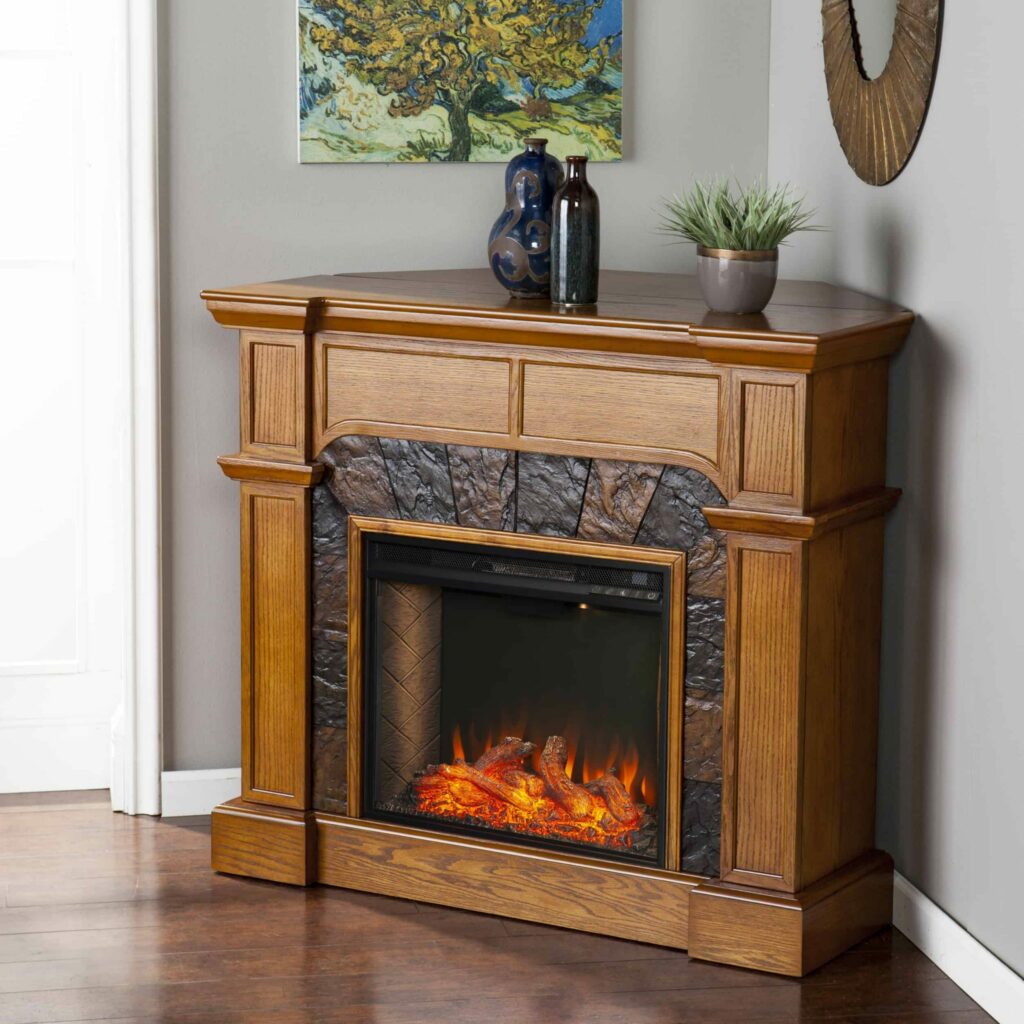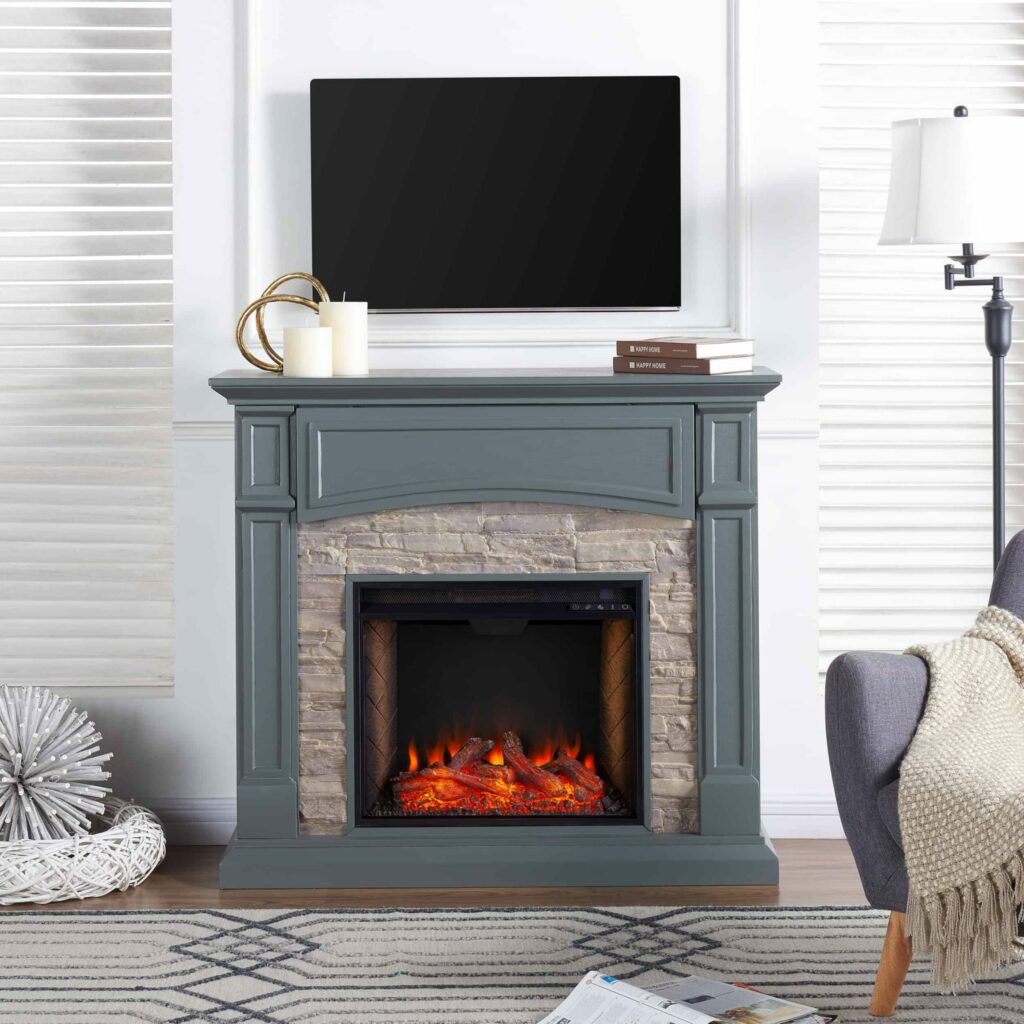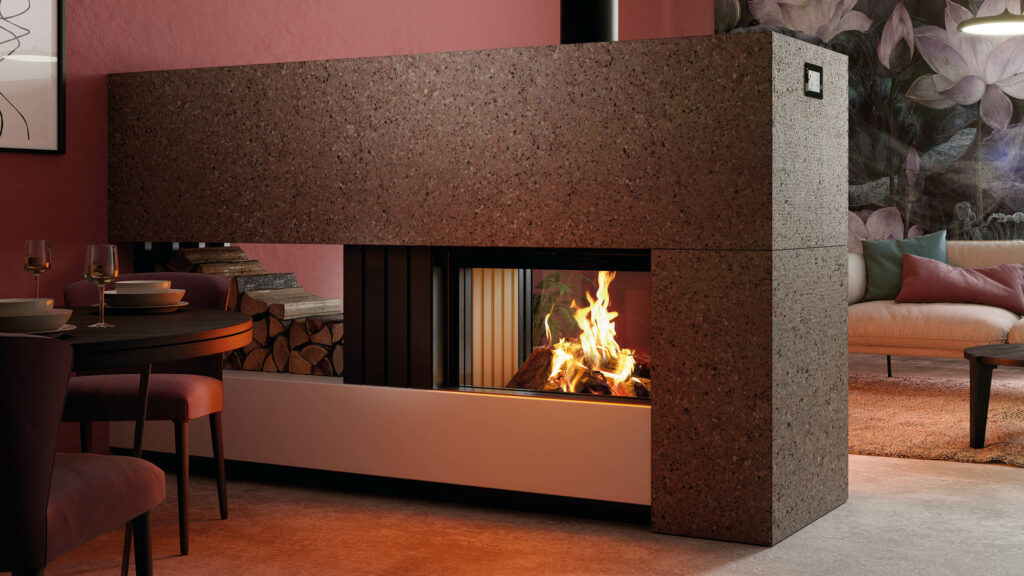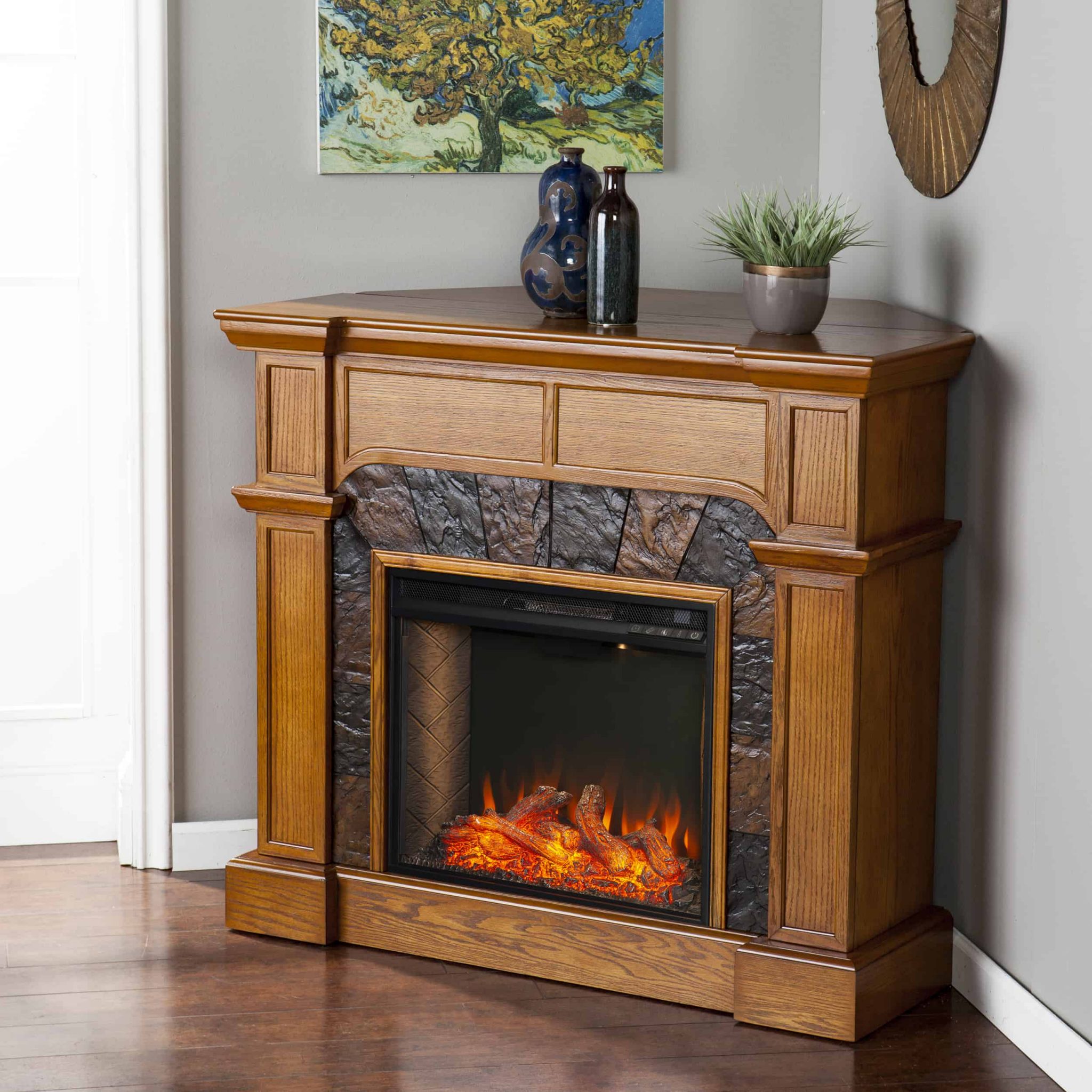Whether building a new home or replacing an existing masonry fireplace, gas fires are high-efficiency heating appliances that can help reduce your utility bills. Some even offer zone heating, so you only heat the room in use.
Smart remote controls allow you to control your fireplace using virtual assistants for additional convenience and smart home integration.
Energy Efficiency

Gas fireplace installation Bountiful, is a more energy-efficient option than wood-burning fireplaces. These are designed to reduce heat loss and include adjustable dampers and sealed combustion systems. It allows you to keep your thermostat lower and save on heating bills.
There’s no need to gather firewood and chop it down, which means fewer trips outside in winter and less impact on the environment. You’ll always deal with the ash cleanup and creosote buildup associated with wood fireplaces.
A switch or remote control turns a gas fireplace’s flame on or off. It also offers instant warmth, so you can quickly heat a room without waiting for the fire to get going. Some models even feature crushed glass ember beds and LED lighting to provide coziness when the fire isn’t burning.
Convenience

Gas fireplace installation offers a warm ambiance without the hassle of hauling firewood, cleaning ashes, or dealing with toxic creosote fumes. They’re also wood fireplaces because they don’t release monoxide or soot into the room.
Gas fireplaces can add warmth and coziness to any home decor. They’re an exception for open floor plans because they can define the focal point of a room and serve as a cozy heating source.
You can start a fire with vented gas units by flipping a switch and controlling the heat with your thermostat. This level of convenience makes them a smart home investment that saves time and energy. Some fireplace models allow remote control via smartphone apps.
Safety

Gas fireplaces are safer than wood-burning fireplaces, as they don’t produce spontaneous sparks or dangerous open flames. It makes them an excellent choice for households with children or pets, preventing accidental fires and toxic smoke from burning wood.
Another advantage of gas fireplaces is that they don’t create debris, requiring less cleaning. They also don’t produce the don’t-squinting smell of smoke and aren’t prone to sediment buildup along the chimney flue.
Be sure to have your chimney cleaned before installing a new gas fireplace, and always have it installed by a professional. Also, follow the manufacturer’smanufacturer’sgarding clearances from combustible materials. Carbon monoxide detectors are a must for any home with a gas fireplace.
Versatility
Gas fireplaces come in various designs, from modern linear models to traditional and rustic options. With so many options, you can create a fireplace design that perfectly complements your home’s aesthetic and matches your lifestyle.
You can even purchase an unvented model, eliminating the need for a chimney or flue and making your fireplace more energy-efficient because less heat is lost up the vent. Some models also feature a stunning crushed glass ember bed and backlighting, which adds visual appeal to the hearth even when the fire isn’t lit.
Additionally, gas fireplaces allow you to practice zone heating, which means you can turn down the thermostat in areas you’re not sure you’re using. You’re enjoying the relaxing glow of a fire without the smoke and wood byproducts. It can significantly reduce your yearly energy costs.
Increased Home Value
Many homeowners enjoy the cozy ambiance of a fireplace and wish their homes had one. Adding one can increase home value because it is an appealing feature that potential buyers may want to include in future purchases.
Adding a fireplace can increase the value of your home and attract more potential buyers. You will also likely recoup much of your initial investment in installation.
That is why it’s essential to understand the costs and benefits of each type before making a decision. You can consult an experienced real estate professional or appraiser for more information.
